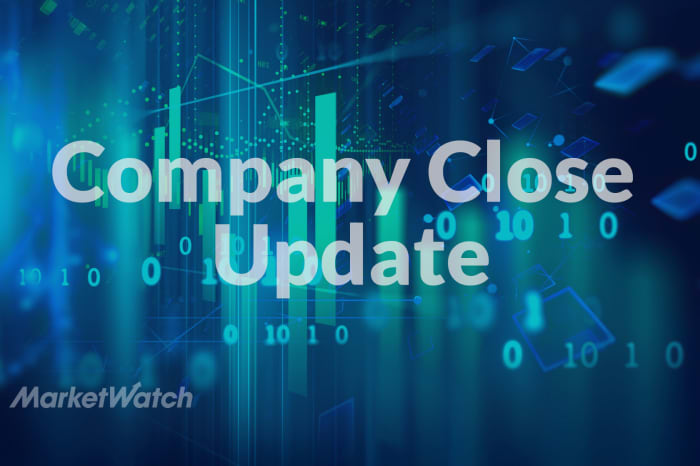Consumer Spending Brace for Impact: 83% Plan to Cut Back Amid Economic Uncertainty

A growing wave of economic anxiety is sweeping across the nation, with a staggering 83% of consumers signaling their intent to significantly reduce discretionary spending if their financial circumstances deteriorate in the coming months. This shift in consumer behavior points to a potential slowdown in economic growth and highlights the increasing concerns surrounding inflation, rising interest rates, and potential recession.
The Looming Economic Headwinds
The current economic landscape is fraught with challenges. Inflation remains stubbornly high, eroding purchasing power and squeezing household budgets. The Federal Reserve's aggressive interest rate hikes, designed to combat inflation, are also impacting borrowing costs for consumers and businesses alike. Coupled with concerns about a potential recession, these factors are creating a climate of uncertainty and prompting consumers to become more cautious with their spending.
'No Buy,' 'Low Buy,' 'Slow Buy': A New Consumer Mantra
The trend of consumers scaling back spending is manifesting in several ways. Experts are observing a rise in the “no buy,” “low buy,” and “slow buy” strategies. 'No buy' means eliminating non-essential purchases altogether. 'Low buy' involves significantly reducing spending on discretionary items, opting for cheaper alternatives or delaying purchases. 'Slow buy' entails extending the lifespan of existing products and resisting the urge to upgrade or replace them frequently. This collective shift reflects a broader desire to conserve resources and prepare for potential financial hardship.
Why 83%? A Deeper Dive into Consumer Sentiment
The 83% figure, derived from recent consumer surveys, isn't just a statistic; it's a snapshot of widespread unease. Several factors are contributing to this sentiment:
- Inflationary Pressures: The cost of everyday goods and services continues to rise, making it harder for families to make ends meet.
- Job Security Concerns: While the unemployment rate remains low, there are growing concerns about potential job losses as the economy slows down.
- Rising Interest Rates: Higher interest rates make borrowing more expensive, impacting everything from mortgages to credit card debt.
- Uncertainty about the Future: The unpredictable nature of the current economic climate is fueling anxiety and prompting consumers to adopt a more cautious approach to spending.
Impact on Businesses and the Economy
This shift in consumer behavior has significant implications for businesses across various sectors. Retailers, restaurants, and entertainment companies are likely to experience a decline in sales as consumers cut back on discretionary spending. Businesses that rely heavily on consumer spending may need to adapt their strategies to navigate this challenging environment. The broader economy could also experience a slowdown as reduced consumer spending dampens overall economic growth.
What Can Consumers Do?
While economic uncertainty can be daunting, there are steps consumers can take to prepare:
- Create a Budget: Track your income and expenses to identify areas where you can cut back.
- Build an Emergency Fund: Having a financial cushion can help you weather unexpected expenses or job loss.
- Reduce Debt: Paying down high-interest debt can free up cash flow and reduce financial stress.
- Shop Smart: Look for deals, compare prices, and consider buying used or refurbished items.
The Road Ahead
The coming months will be crucial in determining the trajectory of the economy. While the outlook remains uncertain, one thing is clear: consumers are taking a more cautious approach to spending, and businesses need to be prepared for a potential slowdown. Understanding these shifts in consumer behavior is essential for navigating the challenges ahead and positioning for future success. The 'no buy,' 'low buy,' and 'slow buy' trends are likely to persist until economic conditions stabilize and consumer confidence returns.






